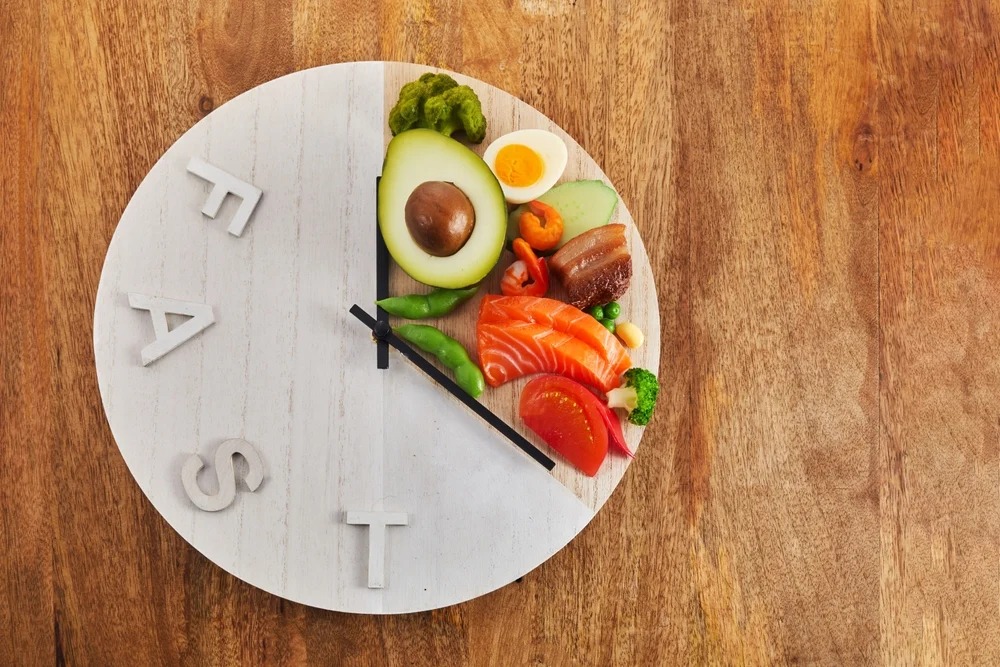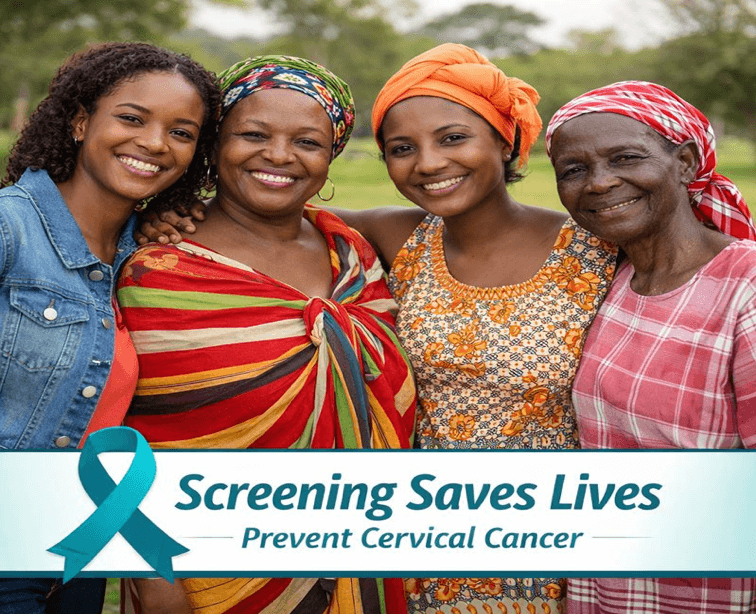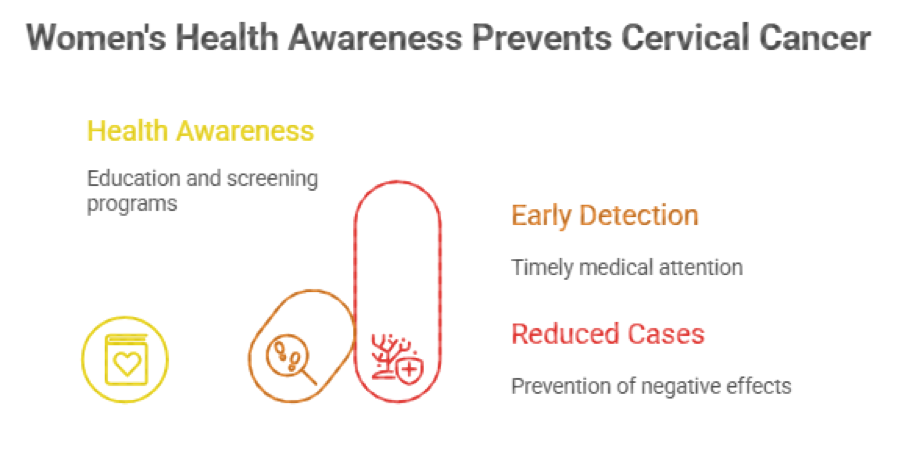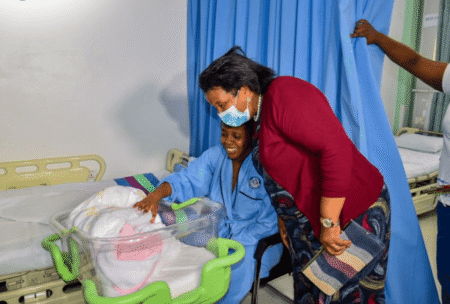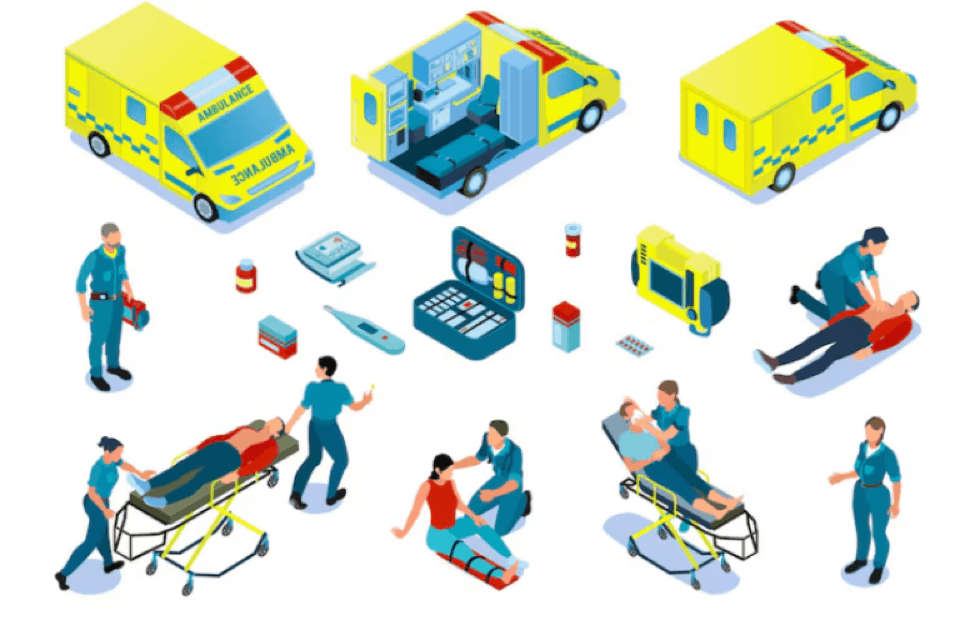
Last Tuesday, my neighbour’s daughter had a severe asthma attack at 2 AM. The panic in their voices, the frantic search for a reliable Emergency Hospital in Nairobi—it’s something no parent should go through alone. But here’s the thing: emergencies don’t send you a calendar invite. They show up uninvited, usually at the worst possible time, and that’s exactly when you need to know where to go.
Living in Nairobi means dealing with unpredictable situations. One moment you’re fine, the next moment you’re rushing someone to the hospital. Maybe it’s a car accident, a sudden chest pain during a family dinner, or your child spiking a dangerously high fever. Whatever it is, you need an Emergency Hospital in Nairobi that’s ready for you—not in an hour, not tomorrow, but right now.
Why Emergency Care Can’t Wait?
Think about the last time you had a medical scare. Your heart races, your mind goes blank, and suddenly you’re googling “nearest hospital” whilst trying to stay calm. Emergencies are terrifying because they demand immediate action. A heart attack? You’ve got minutes, not hours. Severe bleeding? Every second matters. This isn’t about booking an appointment next week—this is about getting help before things get worse.
What makes emergency care special is the speed. You walk in, and within minutes, someone’s checking your vitals, asking questions, and getting you the help you need. There’s no “the doctor will see you on Thursday”. It’s happening now because it has to happen now. That’s what sets an Emergency Hospital in Nairobi apart from your regular clinic visit.
The Middle-of-the-Night Reality
Here’s something most people don’t think about until they need it: emergencies love odd hours. It’s almost like they wait until 3 AM when you’re half asleep and the roads are empty. That’s why urgent care Nairobi services need to be available all day, every day. Not just a skeleton crew either—you want the full team ready to handle whatever walks through those doors.
A proper 24/7 hospital Nairobi keeps its emergency department fully staffed round the clock. This means doctors, nurses, lab technicians, radiographers—everyone you might need. Because what good is an open hospital if there’s nobody there to help you? The lights being on isn’t enough; you need experienced people who can handle pressure and make quick decisions when your life depends on it.

What Actually Happens in an Emergency Department?
Let’s be real about what emergency medical services Nairobi facilities deal with daily. There’s everything from road accidents (and we all know how Nairobi traffic can turn dangerous) to sudden illnesses that come out of nowhere. You might see someone who fell off a ladder next to someone having a stroke. It’s chaotic, it’s unpredictable, and it requires a team that’s seen it all.
The best emergency departments have this system where they quickly figure out who needs help first. It’s called triage, and honestly, it’s brilliant. The nurse doesn’t go by “first come, first served”—they prioritise based on who’s in the most danger. So if you walk in with a sprained ankle and someone arrives having a heart attack, guess who goes first? That’s not being rude; that’s saving lives.
Accidents Happen
Anyone who’s driven in Nairobi knows accidents are unfortunately common. Whether it’s matatus racing, motorcycles weaving through traffic, or just the sheer volume of vehicles on the road, accident and emergency Nairobi departments see trauma cases every single day. Burns from cooking accidents, injuries from falls, sports-related trauma—the list goes on.
What you want is a hospital that can handle major trauma without panicking. This means having an operating theatre ready to go, surgeons on standby, and enough blood in the bank for emergencies. These aren’t luxuries; they’re necessities when someone’s life is on the line.
Should You Go or Should You Wait?
This is the million-dollar question, isn’t it? Nobody wants to rush to an Emergency Hospital in Nairobi for something that could wait until morning, but nobody wants to wait when they shouldn’t either. Here’s my advice: trust your gut, but also know the warning signs.
Chest pain that feels like an elephant sitting on your chest? Go now. Trouble breathing? Don’t wait. Heavy bleeding that won’t stop? Get moving. Sudden confusion, slurred speech, or facial drooping? That’s stroke territory—minutes count. For kids, high fever with a rash, non-stop vomiting, or unusual sleepiness means it’s time to go.
When in doubt, it’s better to go and be told it’s nothing serious than to stay home and regret it later.
Why MP Shah Hospital Gets It Right?
MP Shah Hospital isn’t just another name on a signboard along Shivachi Road. It’s where genuine care meets medical excellence, and that combination is rare. With many beds and a dedicated emergency team working 24/7, they’ve built a reputation for being there when Nairobi families need them most. The hospital doesn’t just have the equipment—though they certainly do—they have the people who make the difference. Specialists available any time, experienced emergency staff who’ve handled everything from minor injuries to life-threatening situations, and a commitment to treating every patient with dignity and respect. Located conveniently in Westlands, it’s accessible when every minute counts.
Don’t Wait Until It’s Too Late
Look, nobody plans for emergencies, but everyone should prepare for them. Right now, before you need it, save these numbers: +254 707 044 115 and +254 111 000 600. Program them into your phone under “Emergency” so they’re there when panic sets in and you can’t think straight. Share them with your family, your house help, and your elderly parents. Tell them about MP Shah Hospital on Shivachi Road in Westlands. Because when an emergency hits—and statistically, it will at some point—you don’t want to be scrambling for answers. You want to know exactly where to go and who to call. Your family’s safety isn’t something you gamble with. Make the smart choice today, so tomorrow’s emergency doesn’t catch you unprepared. MP Shah Hospital’s emergency team is ready right now.



